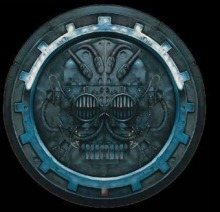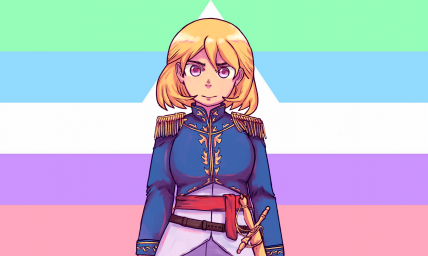His sweat glistened in the candle light of the room, beading across his forehead like rain drops forming upon leaves. From behind his shut eyes she could see his gaze shift rapidly, troubling dreams giving him no rest even in sleep. With each agonized moan that escaped his lips she had to fight back tears. Already she'd lost two children to the red death, her heart could not bear to lose a third. Dipping a cloth into a wash bowl, she moved closer to a son's side, laying the cool cloth against his forehead, wishing for nothing but that his pain should be finally relieved.
For three days she'd not left his side, refusing to leave the cottage for anything. Her husband knew that she was beyond reason by this point, anguish having darkened his soul just a much as hers. Her other children forced to stay upon the other side of their home, far away from their brother. Every moment of her care that was not spent tending to her fevered son's needs was spent in desperate prayers to the gods of her ancestors and that of the Marans. No price was too great, she pleaded, if only that her son might live.
" I do not understand... " Her husband said, occasionally joining her side so as to look over his son.
" He took the potion weeks ago. The bastard physicians insisted that it should protect him from plague! " As his voice rose steadily in anger she clung to his arm, resting her head gently on to it.
" Please do not be angry. " She whispered, " Not in front of him. "
He sighed as he touched the side of her face, he could feel the wrinkles worn from stress and worry.
" I'm sorry - but I feel that we have been lied to; and that we are not alone. Uncle Tobriar has told of the 5th company laying ill just the same as our son. The potion either too weak or not at all able to break the curse. If he is not wrong, then the gods have forsaken us truly. "
At his black prophecy she could no longer hold back the tears, as she burst into an anguished wail before sticking her face into the rough wool of his shirt.





